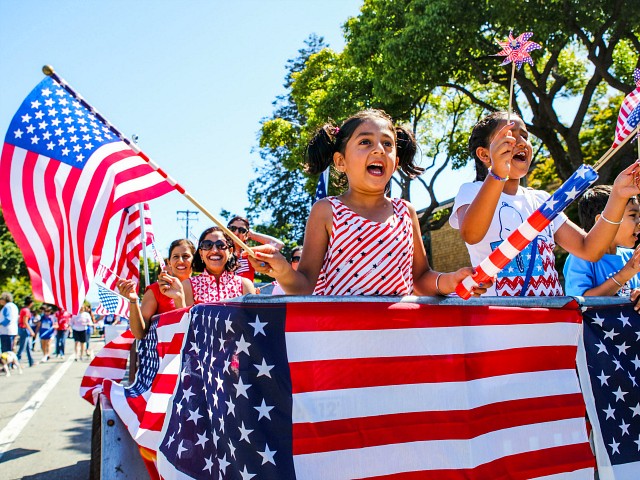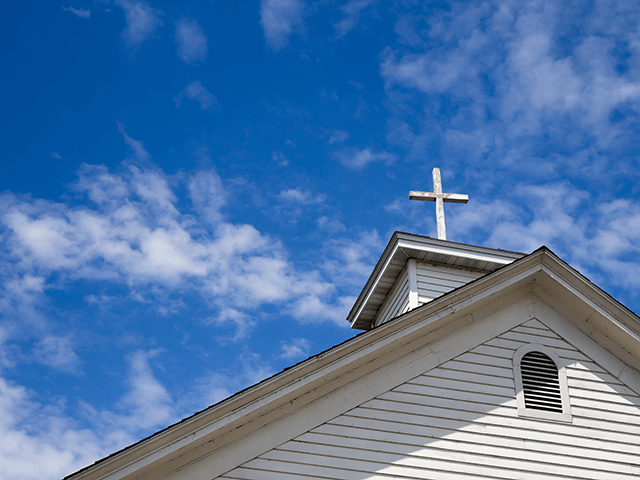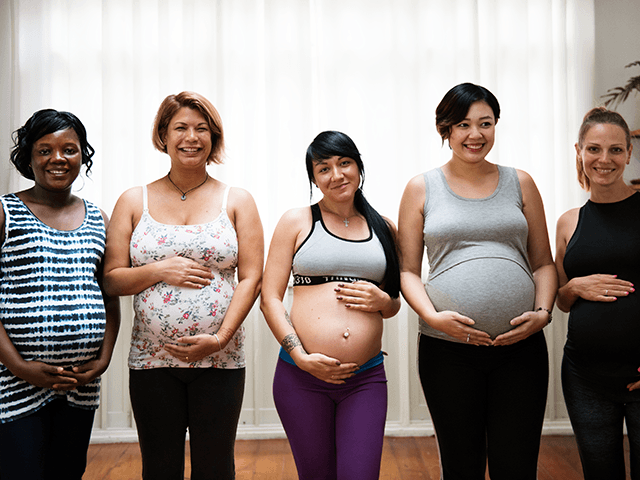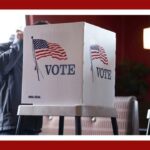
The percentage of Americans who say patriotism, religious faith, family, and other traditional American values are “very important” is on the decline, a Wall Street Journal-NORC poll found.
Support for every traditional American value included in the poll has receded since 1998 besides “money,” which has grown in importance. The data also shows young people and Democrats tend not to highly rank traditional American values as much as older adults and Republicans.
Bill McInturff, a pollster who worked on a similar Journal survey that measured these values, told the publication that “these differences are so dramatic, it paints a new and surprising portrait of a changing America” and speculated that “perhaps the toll of our political division, Covid and the lowest economic confidence in decades is having a startling effect on our core values.’’
This is quite the graphic https://t.co/ffcpRd10FR pic.twitter.com/gk9T3gM8qA
— Aaron Blake (@AaronBlake) March 27, 2023
The publication noted that “a number of events have shaken and in some ways fractured the nation since the Journal first asked about unifying values,” including the 9/11 terrorist attacks, the 2008 financial crisis, and Donald Trump’s presidency.
The Journal-NORC polled 1,019 people from March 1-13, mostly online, and the margin of error is plus or minus 4.1 percentage points at the 95 percent confidence level.
Patriotism
Beginning with patriotism, only 38 percent of Americans say it is “very important” to them, down from 61 percent in 2019 and 70 percent in 1998. Thirty-five percent say patriotism is “somewhat important,” and 27 percent say it is “not that important (16 percent) and “not at all important” (11 percent).

People wave American flags as they ride through 4th of July Parade in Alameda, California on Monday, July 4, 2016. (GABRIELLE LURIE/AFP/Getty Images)
Broken down by political affiliation, Republicans (59 percent) are more likely than Democrats (23 percent) and independents (29 percent) to rank patriotism as a “very important” value. Older adults are also more likely to place more importance on patriotism than young adults. Twenty-three percent of adults under 30 say patriotism is “very important” compared to 59 percent of seniors ages 65 and older.
Respondents were also asked about how they view the United States. Twenty-one percent say the United States “stands above all countries in the world,” 50 percent say it is “one of the greatest countries in the world, along with some others,” and 27 percent say “there are other countries better than the United States.” The percentage of Americans who believe other countries are better than the U.S. rose to 27 percent from 19 percent in 2016.
Americans, overall, are overwhelmingly insecure about what life in the United States will be like for their children. While 21 percent say they “feel confident” that “life for our children’s generation will be better than it has been for us,” a strong majority of 78 percent say they “do not feel confident.”
Similar polling from from Gallup in 2022 found a record low number of U.S. adults report that they are “extremely proud to be American.” Thirty-eight percent in that poll said they are “extremely proud” to be an American, which was the lowest percentage since Gallup began tracking the trend in 2001.
Religion and Community
The Journal poll joined the ranks of other polls indicating religion’s devalued role in a nation that continues to prioritize self-gratification and secular progressivism.
While 49 percent of respondents say, “I know God really exists and I have no doubts about it,” only 39 percent say religion is “very important” to them. Like patriotism, religion has seen a precipitous decline in ranking of importance: 62 percent of Americans said religion was “very important” in 1998, a sentiment which tumbled down to 48 percent in 2019 before hitting this year’s low percentage.
Younger respondents are less likely to rank religion as very important to them than seniors, 31 percent to 55 percent. Republicans (53 percent) are also more likely than Democrats (27 percent) and independents (38 percent) to say that religion is “very important.”
When asked, “How often do you attend religious services?” nearly a third (32 percent) say “never,” followed by 19 percent who say “less than once a year.” Thirteen percent say “every week,” 8 percent say “several times a year,” 9 percent say “once or twice a year,” and 6 percent say “several times a week.” Five percent say “2-3 times a month,” and 5 percent say “nearly every week.”
Polls in recent years have found that Americans perceive a decrease in religious influence in the United States, and place less value on their children sharing their religious views. Other polls show that church attendance and general belief in God has dropped in the U.S. over the past few years.
Religion and community often go hand in hand, so it is unsurprising the survey also found that Americans are placing less value on community. The percentage of Americans who say community involvement is “very important” went from 47 percent in 1998, to 62 percent in 2019, before dropping to 27 percent this year, according to the Journal.
By political affiliation, Democrats are slightly more likely to value community involvement as “very important” (32 percent), compared to independents (23 percent), and Republicans (25 percent).
On the flip-side of the community issue, polling in recent years has shown that many Americans report feeling lonely and isolated. A 2021 poll suggested that 18 percent of Americans believed they could rely on zero or one person for support amid the rise in Nihilism and less frequent church membership.
Having Children
Americans do not rank having children as “very important,” which is not shocking give that the U.S. birthrate has been bottoming out in recent years and has been declining for decades.
Thirty percent of respondents rank having children as “very important,” down from 43 percent in 2019, and 59 percent in 1998. Adults under 30 years old are below the average, with 23 percent ranking having children as “very important.” Republicans (38 percent) are more likely than Democrats (26 percent) and independents (20 percent) to say having children is very important.
According to the Population Reference Bureau, women were averaging more than seven children until the early decades of the 19th century.
“After 1900, average fertility declined gradually, interrupted only by the baby boom following World War II. Another drop in the total fertility rate (TFR) came in the 1970s, due in large part to delayed marriage, widespread contraceptive use, and changes in abortion laws,” PRB wrote in 2021. “The total fertility rate is the average number of children a woman would have in her lifetime based on the childbearing rates of women in a population in a given year. In 2020, the U.S. TFR dropped to 1.64, the lowest level ever recorded.”
At the same time, Americans are increasingly foregoing or delaying marriage and large percentages of young Americans are single. One poll found that 63 percent of men between the ages of 18 and 29 are single, while only 34 percent of women in the same age range are single.
Money
As the Journal noted, “the only priority…tested that has grown in importance in the past-quarter-century is money.” Forty-three percent of Americans say money is a “very important” value, up from 41 percent in 2019 and 31 percent in 1998.
“Aside from money, all age groups, including seniors, attached far less importance to these priorities and values than when pollsters asked about them in 1998 and 2019,” according to the Journal. “But younger Americans in particular place low importance on these values, many of which were central to the lives of their parents.”
Independents are the least likely to say money is very important (36 percent), while 45 percent of both Democrats and Republicans ranked money as a “very important” value.
When asked to describe their financial situations, 44 percent of Americans say “my finances are in worse condition than I expected for this stage in my life.” Thirty-nine percent say “my finances are about where I expected them to be for this stage in my life,” and 17 percent say their financial situation is better than expected.







